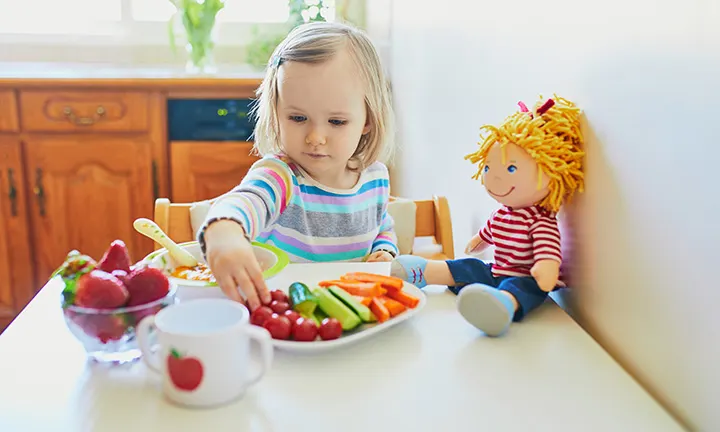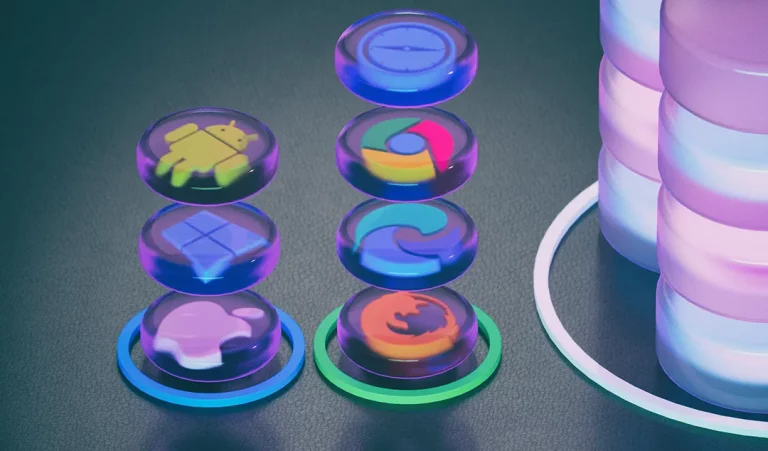Simple Ways to Integrate Healthy Toddler Snacks into Daily Routines
In parenting, ensuring your toddler gets the right nutrition can sometimes feel like a Herculean task. Between juggling work, household chores, and managing a growing family, finding time to prepare healthy snacks that your little one will eat can be a challenge. However, with some planning and creativity, it’s possible to seamlessly integrate nutritious snacks for toddlers into their daily routine without adding extra stress to your busy day. This article explores ten simple ways to incorporate healthy snacks into your daily routines, helping your little one stay nourished and energised throughout the day.
Plan with Snack Prep:
Planning is one of the most effortless ways to ensure your toddler can access healthy snacks. Dedicate some time each week to prepare nutritious snacks, such as cut-up fruits, vegetables, cheese slices, and whole-grain crackers. Store these snacks in portion-sized containers or zip-top bags, making them easily accessible for busy days on the go.
Make Snacks Visually Appealing:
They are often drawn to colourful and visually appealing foods. Take advantage of this by arranging snacks in fun and creative ways. Use cookie cutters to shape fruits and vegetables into fun shapes, or create snack trays with various colourful foods. Making snacks visually appealing can pique your toddler’s interest and encourage them to try new foods.
Offer Nutrient-Rich Finger Foods:
Finger foods are a great option, as they encourage self-feeding and independence. Opt for nutrient-rich finger foods like avocado slices, boiled eggs, steamed broccoli florets, and whole-grain toast strips. These foods are easy for little hands to hold and contain essential vitamins and minerals.
Incorporate Snacks into Playtime:
Combine snack time with playtime to make eating a fun and interactive experience for your toddler. Set up a picnic in the backyard or create a makeshift tea party with healthy snacks like cucumber sandwiches, fruit kabobs, and yoghurt dip with carrot sticks. Associating snacks with enjoyable activities can help foster a positive relationship with food.
Offer a Variety of Flavours and Textures:
They are still exploring their taste preferences, so it is essential to expose them to various flavours and textures. Experiment with different fruits, vegetables, grains, and proteins to keep snacks interesting and appealing. Introducing new foods regularly can help expand your toddler’s palate and encourage them to develop healthy eating habits.
Get Creative with Presentation:
Presentation matters, even when it comes to these snacks. Use colourful plates, fun-shaped containers, and silicone muffin cups to make snacks more visually appealing. Arrange foods in patterns or create simple art to capture your toddler’s attention and make snack time more enjoyable.
Offer Snacks at Regular Intervals:
They have small stomachs and high energy needs, so it’s important to offer snacks at regular intervals throughout the day. Aim for two to three snacks in addition to meals, spaced evenly between breakfast, lunch, and dinner. This can help keep them satisfied and prevent meltdowns due to hunger.
Encourage Healthy Hydration:
In addition to snacks, hydration is crucial for your toddler’s overall health and well-being. Offer water or diluted fruit juice with snacks to keep your little one hydrated throughout the day. Avoid sugary drinks like soda and flavoured milk, opting instead for natural, hydrating beverages.
Lead by Example:
Children often mimic the behaviours of adults, so be sure to lead by example when it comes to healthy eating habits. Enjoy snacks alongside your toddler and demonstrate enthusiasm for nutritious foods. Avoid using snacks as rewards or punishments; instead, focus on fostering a positive connection with food.
Listen to Your Toddler’s Hunger Cues:
Finally, pay attention to their hunger cues and appetite patterns. Offer snacks when your little one shows signs of hunger, such as fussiness or stomach growling, and encourage them to stop eating when they feel full. By respecting their hunger cues, you can help them grow a healthy connection with food and eating.
Summing it Up:
Incorporating healthy snacks for toddlers into daily routines doesn’t have to be complicated or time-consuming. By planning, getting creative with presentation, and offering various nutritious options, you can ensure your little one stays nourished and satisfied throughout the day. Remember to make snack time enjoyable by incorporating play and exploration, and lead by example by demonstrating healthy eating habits. With these simple tips, you can promote a lifetime of healthy eating habits for your toddler. As they grow, involve them in choosing and preparing snacks, fostering their independence and appreciation for nutritious choices. Consistency is key, so stay committed to providing wholesome snacks that cater to their growing needs and watch them thrive as they develop lifelong habits that support their well-being.
Keep an eye for more latest news & updates on Discover Headline!







